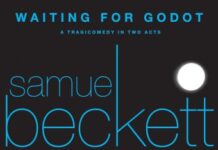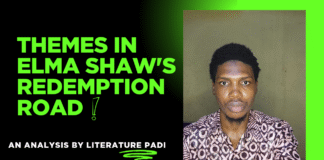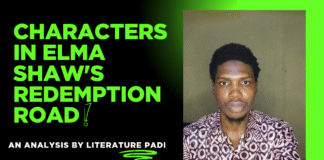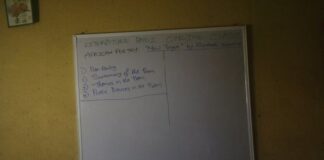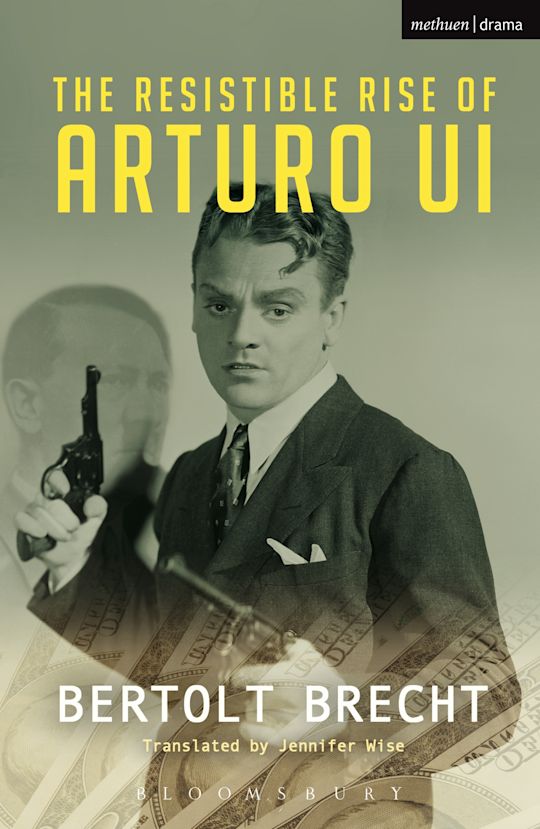
🎥 We’re cooking something delicious for you on our YouTube channel. In the coming days, you will learn SSCE literature texts like you're in class 📚✍🏽
Be part of this new journey we are about to embark on.
🔔 Subscribe Now
Bertolt Brecht’s The Resistible Rise of Arturo Ui, written in 1941 and first performed in 1958, is a satirical play that parallels Adolf Hitler’s rise to power through the story of Arturo Ui, a Chicago gangster. Using a mock-gangster narrative, Brecht exposes the absurdity and danger of fascism.
As someone interested in political theater, I’m captivated by Brecht’s sharp wit and theatrical innovation. This post provides a detailed plot summary of The Resistible Rise of Arturo Ui by Bertolt Brecht, alongside its themes, characters, and historical context.

Introduction
The Resistible Rise of Arturo Ui is set in a fictionalized 1930s Chicago, where Arturo Ui, a small-time thug, manipulates his way to control the cauliflower trade. It mirrors Hitler’s ascent in Nazi Germany. Written during Brecht’s exile from Nazi Germany, the play uses epic theater techniques to critique fascism’s rise through cowardice and complicity.
Let’s explore the plot, themes, characters, and significance of this powerful work, connecting it to broader political and theatrical traditions.
Plot Summary of The Resistible Rise of Arturo Ui by Bertolt Brecht
The play opens in Chicago during the Great Depression, where the Cauliflower Trust, led by Dogsborough, controls the vegetable trade. Arturo Ui, a ruthless gangster, sees an opportunity to seize power, as he declares, “I’ll make this city mine!” (Brecht, Scene 1). The Trust faces a financial crisis, and Ui offers protection in exchange for influence, which Dogsborough reluctantly accepts. Ui recruits his loyal henchmen—Giri, Givola, and Roma—to intimidate shopkeepers into joining his “protection” racket.
Brecht foreshadows Ui’s rise through his theatrical posturing, mimicking Hitler’s speeches, while the Chorus directly addresses the audience, linking Ui to historical tyrants.
Ui’s influence grows as he manipulates Dogsborough into endorsing his schemes, framing him for corruption to ensure loyalty. He woos Clark, a Trust member, and seduces the widow of a murdered rival, Betty Dullfeet, to gain legitimacy, boasting, “I’m a man of the people!” (Brecht, Scene 9).
Ui takes elocution lessons from an Actor to refine his public image, parodying Hitler’s oratory style. His gang violently suppresses opposition, burning a warehouse to frame rivals and justify his control. The citizens of Chicago, cowed by fear, begin to submit, as Brecht notes, “Fear is the cement of his empire” (Brecht, Scene 12).
The climax occurs when Ui orchestrates a rigged election in Cicero, a neighboring town, to expand his control, This mirrors Hitler’s annexation of Austria.
Roma, sensing Ui’s growing paranoia, betrays him but is killed by Ui’s orders, echoing Hitler’s purge of Ernst Röhm. Dogsborough, wracked with guilt, dies, leaving Ui unchallenged, as he proclaims, “The world belongs to me!” (Brecht, Scene 15).
The play ends with Ui’s empire solidified, but Brecht’s epilogue warns, “The bitch that bore him is in heat again” (Brecht, Epilogue), urging audiences to resist future tyrants. The Chorus reinforces the allegory, linking Ui’s rise to societal inaction. Brecht’s satirical tone and direct audience engagement underscore the preventable nature of such power grabs.
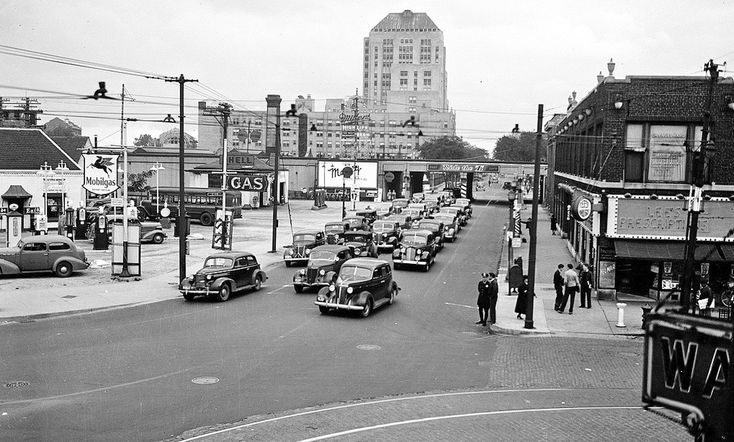
Major Themes in The Resistible Rise of Arturo Ui
Satire
Satire drives the play, using the gangster genre to mock fascism’s absurdity. Brecht exaggerates Ui’s thuggish behavior to parallel Hitler’s tactics and expose the theatricality of tyranny. Critic Eric Bentley calls it a “brilliant parody of power” (Bentley, 1960). The play’s humor, rooted in Brecht’s epic theater, makes complex political ideas accessible.
Power
The theme of power explores how Ui’s rise depends on societal complicity. Dogsborough and Clark’s acquiescence, driven by greed and fear, enable Ui’s tyranny, as Brecht writes, “Cowardice builds the throne” (Brecht, Scene 7). Brecht emphasizes collective failure. This theme resonates with readers studying authoritarianism, offering parallels to George Orwell’s Animal Farm.
Capitalism
Brecht critiques capitalism’s role in enabling fascism, as the Cauliflower Trust’s greed mirrors economic exploitation in Weimar Germany. Ui’s manipulation of the Trust reflects how economic crises fuel tyranny. Scholar Martin Esslin notes Brecht’s Marxist lens in exposing capitalist complicity (Esslin, 1971).
Performance
The theme of performance highlights how Ui’s theatricality (his speeches and gestures) mimics fascist propaganda. Brecht’s use of epic theater, breaking the fourth wall, underscores this artifice. The Actor’s lessons, as Brecht writes, “turn a thug into a statesman” (Brecht, Scene 10), parody Hitler’s oratory.
Key Characters and Their Roles
Arturo Ui
Arturo Ui, a caricature of Hitler, is a small-time gangster whose ambition and theatricality propel his rise. His exaggerated speeches, “I’m the savior of Chicago!” (Brecht, Scene 15), mock fascist grandiosity. Ui is praised as a satirical archetype of tyranny. He offers a study in how literature caricatures historical figures, comparable to Kamini in Soyinka’s A Play of Giants.
Dogsborough
Dogsborough, a stand-in for Paul von Hindenburg, is a respected but corrupt Trust leader who enables Ui’s rise. His guilt, as he laments, “I’ve betrayed my city” (Brecht, Scene 11), highlights his moral failure. He is a symbol of complicity.
Giri, Givola, and Roma
Ui’s henchmen—Giri, Givola, and Roma—represent Nazi loyalists, executing his violent schemes. Their loyalty, as Brecht writes, “is a chain that binds” (Brecht, Scene 8), mirrors the blind allegiance of fascist followers. Their eventual betrayal by Ui underscores tyranny’s instability.
The Chorus
The Chorus, a hallmark of Brecht’s epic theater, directly addresses the audience, linking Ui’s actions to Hitler’s rise. Their warnings, “Learn from this, or pay the price” (Brecht, Prologue), emphasize the play’s didactic purpose. Critics highlight their role in breaking theatrical illusion. They help learners explore Brecht’s innovative techniques.
Symbolism in The Resistible Rise of Arturo Ui
The Cauliflower Trade
The cauliflower trade symbolizes capitalism’s role in fascism’s rise, paralleling economic crises in Weimar Germany. Its corruption, as Brecht notes, “feeds the beast” (Brecht, Scene 5), enables Ui’s power grab. Eric Bentley sees it as a critique of economic complicity.
Ui’s Speeches
Ui’s theatrical speeches symbolize the manipulative power of fascist propaganda. His elocution lessons parody Hitler’s oratory, as Brecht writes, “Words are his weapons” (Brecht, Scene 10). This symbol invites analysis of rhetoric in politics.
The Warehouse Fire
The warehouse fire, staged by Ui to justify his control, symbolizes fascist tactics of creating crises to seize power. It mirrors the Reichstag fire, as noted in The Brecht Yearbook. It’s a metaphor for political manipulation.
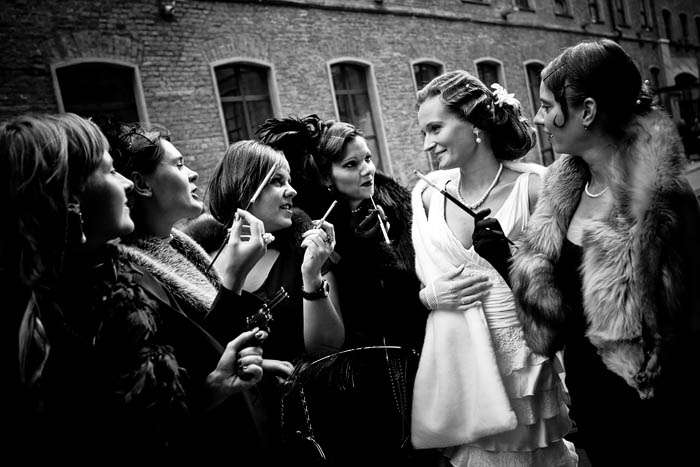
Contextual Analysis
Nazi Germany Context
Written in 1941 during Brecht’s exile, The Resistible Rise of Arturo Ui reflects the rise of Nazi Germany, with Ui mirroring Hitler’s tactics from the 1920s to 1930s. Brecht, a Marxist exiled for his anti-Nazi stance, critiques societal inaction. The play’s Chicago setting universalizes the fascist threat.
Brecht’s Epic Theater
Brecht’s epic theater, with its alienation effect, breaks theatrical illusion to provoke critical thinking. Techniques like the Chorus, direct address, and exaggerated staging, as Martin Esslin notes, make the play didactic yet engaging. This approach roots the satire in Brecht’s Marxist ideology.
Genre
The play is a satirical parable that uses allegory to critique fascism and combine gangster drama with political commentary. The genre invites comparisons to global satires like Orwell’s Animal Farm.
Critical Reception
The Resistible Rise of Arturo Ui is praised for its incisive satire and theatrical innovation. Eric Bentley lauds its “devastating parody of Hitler,” though some critics argue its allegory oversimplifies history. Scholars like Martin Esslin emphasize its epic theater techniques, while others highlight its Marxist critique.
Conclusion
Bertolt Brecht’s The Resistible Rise of Arturo Ui is a masterful satire that exposes the absurdity and danger of fascism through a gangster’s rise. Its vivid characters, rich symbolism, and epic theater techniques make it a cornerstone of political drama.
FAQ: Common Questions About The Resistible Rise of Arturo Ui
What is the main theme of The Resistible Rise of Arturo Ui?
The main theme is the satire of fascism, using a gangster’s rise to parody Hitler’s ascent, exposing the absurdity and complicity that enable tyranny.
How does Brecht use satire in the play?
Brecht employs satire through exaggerated characters, like Ui, and absurd events, like the warehouse fire, to mock fascist tactics and societal inaction.
What role does Arturo Ui play in the narrative?
Arturo Ui, a caricature of Hitler, is a thuggish gangster whose theatrical rise to power satirizes fascist ambition and manipulation, driving the play’s allegory.
How does the play reflect Nazi Germany?
Set in a fictional Chicago, it mirrors Hitler’s rise through Ui’s tactics, like propaganda and violence, critiquing societal failure to resist fascism.
Why is The Resistible Rise of Arturo Ui significant in theater?
Its epic theater techniques, satirical allegory, and critique of fascism make it a key political drama.
Receive Literary Updates through our Social Media Channels:
- WhatsApp: Literature PADI
- Telegram: Literature PADI
- YouTube: @literaturepadi
- Facebook: Literature PADI

